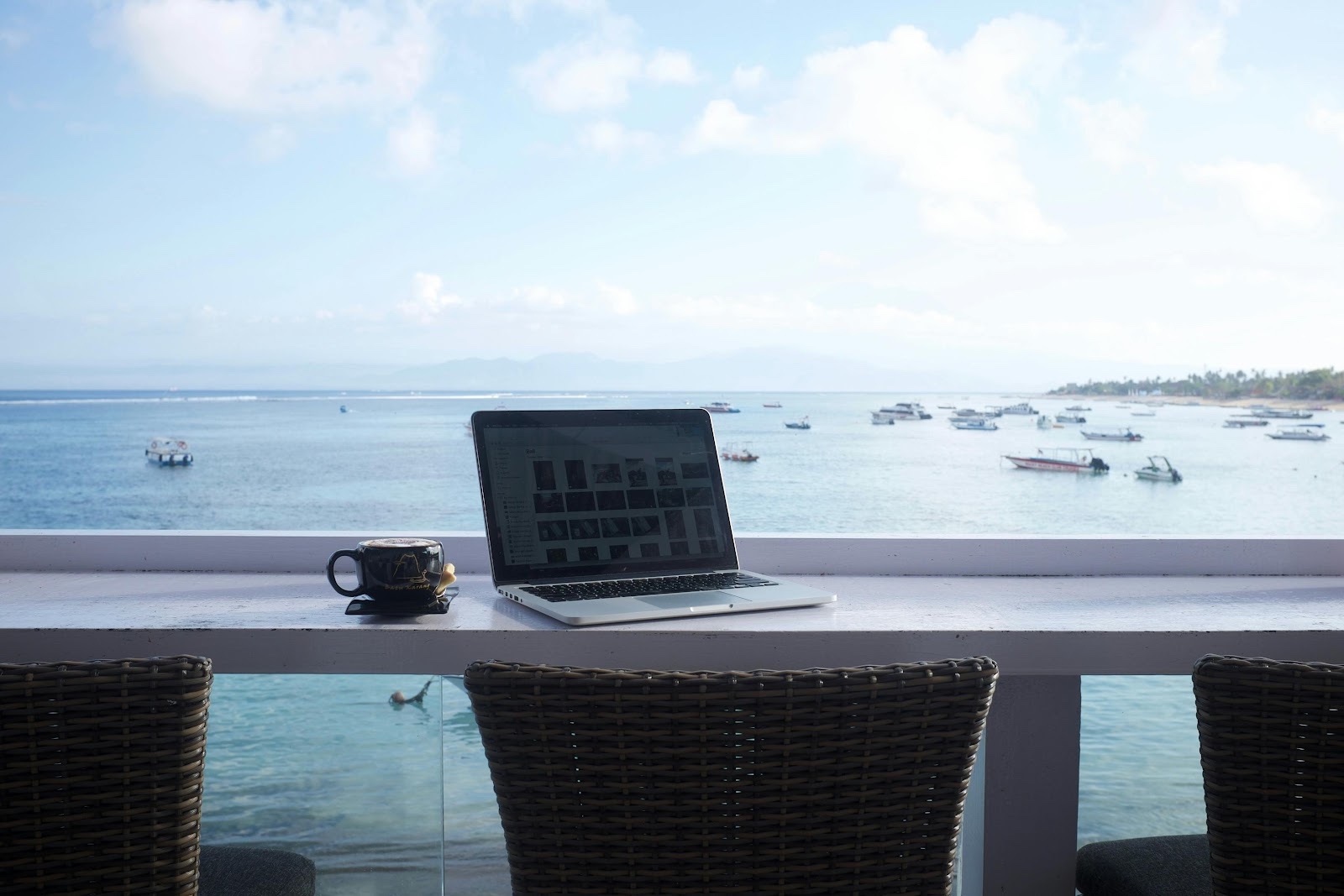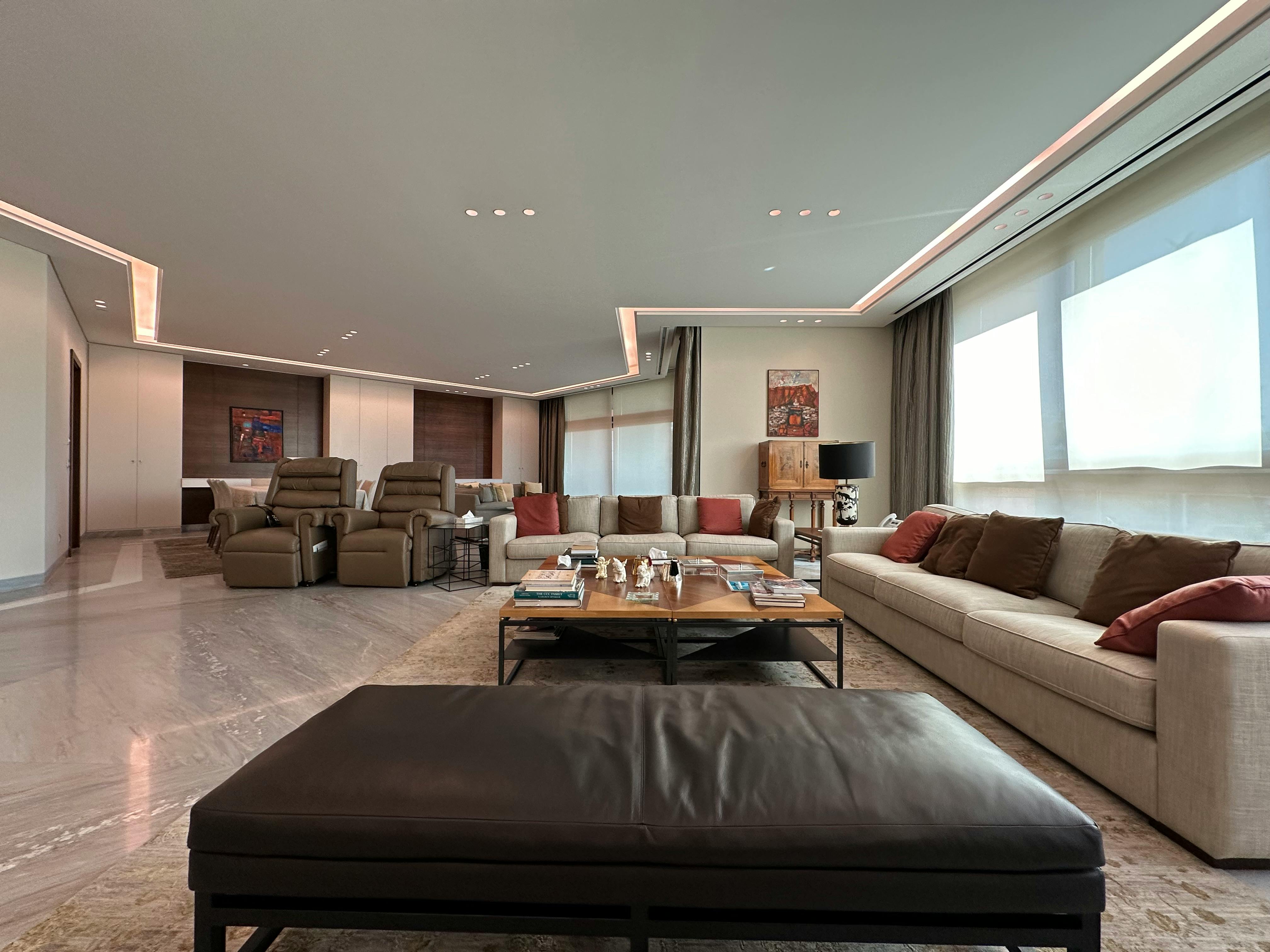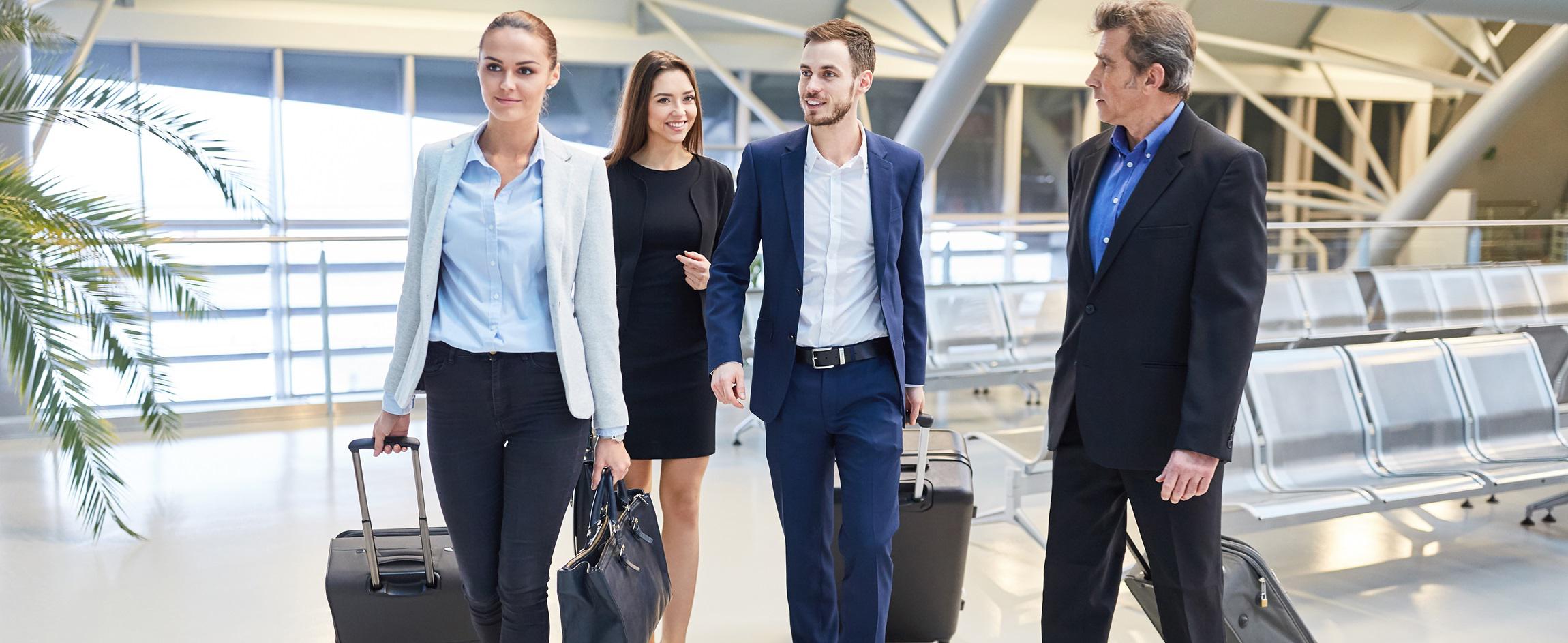Mastering Bleisure: How to Mix Business and Leisure

Your installation crew wraps up the Denver equipment project Thursday afternoon. Their flight home isn't until Saturday morning because that was the only reasonable rate you could find.
So they sit in hotel rooms Friday night, ordering room service and watching TV while you pay $180 per room for nothing productive.
Meanwhile, your best technician texts you: “We never get to see these cities we work in. Just job sites and airports.” Next month, he's interviewing with a competitor who “gets the whole work-life balance thing.”
Smart travel managers turn this waste into opportunity. Instead of paying for dead time, let your crew explore Denver Friday night and Saturday morning.
They come back refreshed, not resentful. You keep good people happy without spending extra money.
What's Bleisure Travel?
Business and leisure travel used to be completely separate. Your crew flew in for work, handled meetings, then flew home. Bleisure happens when you let them combine both on the same trip.
That might mean letting your conference attendees extend their trip through the weekend to explore the city. Or having your team arrive two days early to decompress before a big client presentation. Or allowing crew members to bring partners along for client meetings.
The key difference is that your people aren't just traveling for work. They're making the most of being away from home by adding personal time to business obligations.
Without bleisure options, your best technicians start looking at competitors who understand work-life balance.
Why Bleisure Is Taking Off
Three major shifts in how teams work and travel are making bleisure the new standard for business trips you book.
Your Crew's Priorities Changed
Bleisure isn't a nice-to-have anymore; it's how you compete for skilled technicians and project managers. Your competitors are advertising 'flexible travel policies' and 'work-life integration' in job postings.
Companies that ignore this lose field workers faster than those offering travel flexibility. Your crew doesn't care if team members are responding to emails from the office or a coffee shop in Boulder.
Remote Work Changed Everything
Remote work continues to reshape business travel patterns, making bleisure extensions more acceptable to companies like yours.
When your team's laptops work anywhere, business travel doesn't have to follow rigid schedules. After that client meeting in Denver, your project manager can work from the hotel room for a few extra days and explore the mountains on weekends.
Companies Know Burnt-Out Employees Quit
You're not just being nice when you support work-life balance. Stressed field crews make more safety mistakes, miss project deadlines, and quit mid-project, leaving you scrambling to find replacements.
Supporting bleisure keeps good people happy without costing your company anything extra.
Benefits of Business and Leisure Travel
Combining work and personal time on the same trip delivers four key advantages for your team and your bottom line.
Create Better Work-Life Balance for Your Crew
Business trips disrupt your crew's routines and steal time from their personal lives. Team satisfaction drops when they only see airports, job sites, and hotel lobbies.
Bleisure lets your people reclaim some of that time. Instead of your crew just losing a weekend to travel and jet lag, they get something back—whether that's sightseeing in a new city or just sleeping in at a nice hotel.
Reduce Your Travel Budget
Your company already covers flights and hotels for the business portion. That means the biggest travel expenses are handled for bleisure trips too.
Adding a few personal days for your crew only costs extra hotel nights and meals they pay themselves. Typical 3-day extension runs $500-750 total for your travelers ($170-200 per night for hotels + $50-75 daily for meals).
NYC costs more, smaller cities cost less. It's cheaper for your crew than planning separate vacations, and you don't waste money on additional company flights.
Teams Come Back Refreshed
Work trips can exhaust your crew. Back-to-back meetings, client dinners, early flights home.
But when you let them add leisure time, your team returns to work refreshed instead of needing time off to recover from business trips.
Build Better Teams
Forget trust falls and awkward icebreakers. Real team building happens when your crew explores Pike Place Market together after wrapping up the project, not during some consultant-led exercise in a conference room.
Plan Your Team's Bleisure Trip
Smart planning prevents policy problems and makes extended trips go smoothly from booking to billing. Here are six quick ways to save money and time on bleisure travel:
1. Plan Around Weekends and Holidays
The easiest bleisure extension for your bookings: schedule work trips near weekends. If your team's meetings are Thursday-Friday, let them stay through Sunday.
Without weekend extensions, you pay for Friday and Saturday nights with zero productivity while your crew sits in hotel rooms complaining. Holiday weekends work even better, but book early.
2. Figure Out Who Pays for What
Your company already paid for the expensive stuff. That flight to Seattle? Covered. The business hotel? Covered.
Extending for the weekend costs your crew what? A couple extra nights and some good meals that they pay for? That's like giving your team a Seattle vacation at 70% off retail.
Engine's expense tracking automatically separates business from personal charges, so your crew uses one platform while your finance team gets clean reports.
3. Use Travel Tools That Handle Changes
Hotels offer frequent business travelers perks like late checkouts and flexible stays. Engine Flex makes it simple for your team to extend trips or arrive early without penalty fees. When your crew's plans change, you want booking tools that adapt without costing your company money.
4. Book Smart, Not Separately
Don't let your crew book business and leisure portions separately unless you have to. Separate bookings create expense report nightmares. Your finance team spends 4 hours per trip sorting business from personal charges.
Keep your team at the same hotel for both parts when possible. Most business-friendly hotels can handle leisure extensions, and you'll often get better rates for longer stays.
5. Help Your Team Research Before They Go
Don't let your crew wing it. Your team finishes the Portland job Thursday, but they've got two bonus days. Give them time to hit the food trucks they researched, the brewery they bookmarked, the hiking trail everyone raves about.
6. Set Clear Communication Guidelines
Tell your managers when crew members are extending trips. Let your team know when business time ends and personal time begins.
Clear communication prevents work from bleeding into leisure days and leisure activities from interfering with work obligations.
Navigate Your Company's Travel Policy
Your travel policy probably doesn't mention bleisure because most companies haven't caught up to the trend. Here's what matters for travel managers:
Expense Separation is Everything
Your company will pay for business-related costs but not personal ones. The tricky part is figuring out gray areas. Is the return flight home covered if your crew extends their stay? What about ground transportation to the airport after personal days?
Ask your manager directly rather than guessing: "Do crew members book leisure nights separately or extend the same reservation?" and "Are they covered by company insurance during personal days?"
Insurance and Liability Rules Still Apply
Some companies maintain duty of care obligations during personal portions of business trips, others don't. If something happens during your team's leisure time, you want to know whether company insurance covers them or they're on their own.
Get Approval Before You Book
Even if your policy doesn't explicitly forbid business travel and leisure combinations, get manager approval before letting crew extend trips. A quick email prevents policy violations and protects you if questions come up later.
Most companies are still developing guidelines for business travel and leisure mixing, so clear communication is key for travel managers.
Use Engine for Bleisure Clarity
Engine's policy controls let you set spending limits and approval workflows, so bleisure extensions stay within company guidelines automatically.
Most upper managers will approve bleisure requests as long as there's no additional cost to the company and it doesn't interfere with work obligations. Frame it as crew retention support, not as giving out free vacation time.
Popular Bleisure Travel Destinations for Your Team
These cities offer the perfect mix of business infrastructure and leisure attractions that make extended trips worthwhile for your crew.
New York City
Your team closes the deal in Midtown Tuesday morning, then dives into the chaos that is New York. They can hit a Broadway show, grab pizza that lives up to the hype, or just people-watch in Central Park. This city rewards the curious, and your crew will never run out of stories.
Tempe
Your crew wraps up the Phoenix-area project, then discovers what desert living feels like. Your team can hike through Sonoran landscape instead of just driving past it to job sites. They can go to Bacanora for open-fire cooking or grab legendary fry bread at the James Beard winner that locals won't shut up about. Desert sunsets hit differently when your crew isn't rushing to the airport.
London
Old World charm meets modern energy in this multicultural business hub. Your team can disconnect with history tours through centuries-old landmarks, hit cutting-edge art galleries, or unwind in Regent's Park. There's enough to discover that they'll want to extend trips to a full week.
Singapore
This city-state runs like clockwork. Everything works, the food courts are legendary, and your team will spend hours at hawker markets trying dishes they can't pronounce but won't stop talking about. Singapore makes other business hubs look like they're stuck in the past.
Asheville
Mountain views from every job site, but most crews never get to explore them. Your team can hike the Blue Ridge peaks they've been staring at all week, hit breweries that put their hometown spots to shame, and eat farm-to-table food that isn't pretentious nonsense. Small city charm without small-town boredom.
Combine Business and Leisure Travel While Keeping Expenses Separate
Engine makes it simple for travel managers to plan business travel with built-in flexibility for leisure extensions.
Book flights, hotels, and car rentals in one place for your crew. Use Engine Flex when your team wants to extend trips or change plans. Get the travel tools that work for how your people travel, not how corporate policies think they should travel.
Ready to turn your team's next work trip into something they look forward to? Engine's booking platform makes it easy to customize your team's next business trip. You’ll discover how to make business travel feel like mostly play, with just enough work to justify the trip.

FAQ
Can My Team Book Leisure Travel on Other Airlines than Their Business Flight?
Usually yes, but check your company's travel policy first. Some companies require crews to use preferred airlines for all trip components, while others only care about the business portion.
Who Pays If Personal Days Get Extended Due to Weather or Delays?
Your crew does. Once trips enter the leisure portion, additional costs from delays, cancellations, or changes are your team members' responsibility.
How Do I Handle Expenses When My Crew Mixes Business and Leisure?
Keep everything separate from day one. Your crew uses company cards for business expenses only and personal cards for leisure costs. Track dates carefully since the same hotel might have business nights covered by your company and leisure nights paid by your team members.

.avif)















.jpg)

.avif)

.avif)








.jpg)



.jpg)











